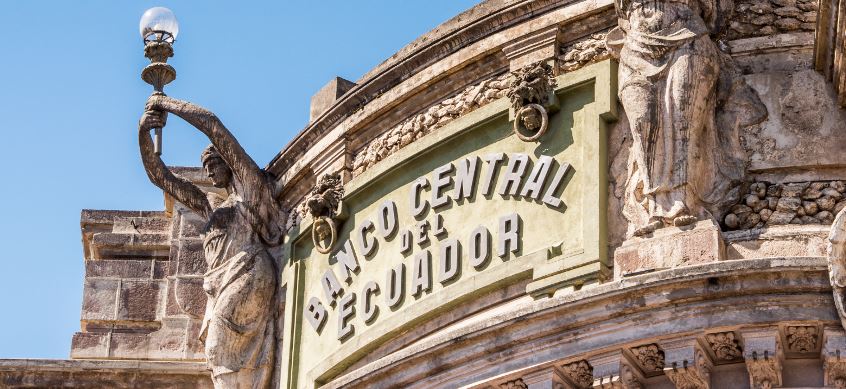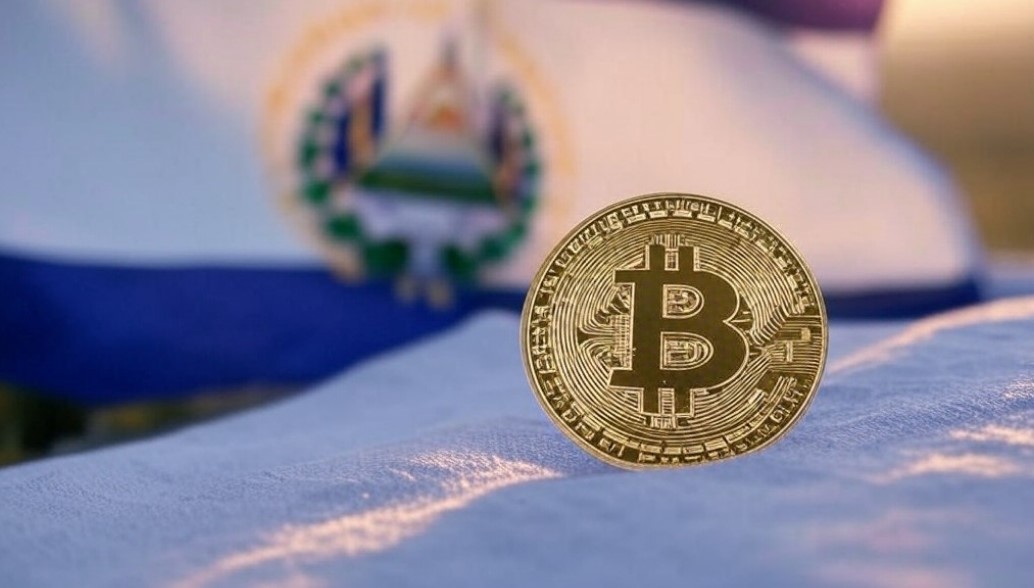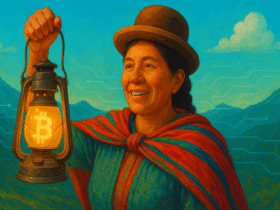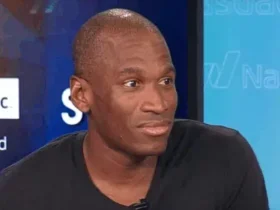Following the United States elections, and the pro-Bitcoin stance expressed by the winning candidate, Donald Trump, there are expectations about how this fact will influence the votes that will be held around the world in the coming months.
In this way, the focus is on the role that bitcoin will play in electoral campaigns, given the importance that the digital currency had in the US elections.
Particularly, there is uncertainty about the repercussions of this fact in Latin America, where several governments will be renewed during 2025. There are four countries in the region with dates set to elect their presidents by popular vote.
- Ecuador: general elections on February 9; eventual presidential runoff on April 13.
- Bolivia: general elections on August 17; eventual presidential runoff on October 19.
- Chile: general elections on November 16; eventual presidential runoff on December 14.
- Honduras: general elections on November 30.
Let’s see what the chances are of Bitcoin taking center stage in these elections.
Ecuador authorizes the use of cryptocurrencies with new law
The 2025 Latin American electoral cycle begins in Ecuador on February 9, with the first round of the presidential and legislative elections.
According to surveys, the main contenders in the presidential race are Daniel Noboa, current president and representative of the National Democratic Action Movement (ADN); and Luisa González, representative of Revolución Ciudadana (RC), party of former president Rafael Correa.
These two candidates They add up to around 60% of voting intentions. There are 15 other registered candidates, but individually they do not even reach 10% of the electorate’s preference, although the percentage of undecided people is considerable.
These are elections where Noboa will seek to extend for four years the short mandate he achieved in 2023 to complete the period that corresponded to Guillermo Lasso, who called for early elections when he was facing impeachment for alleged corruption.
Noboa’s meteoric rise to power occurred in the midst of a crisis of violence in Ecuador, with homicide numbers skyrocketing due to the action of criminal gangs and frequent police complicity. This makes security is one of the most important issues of the elections.
It should be noted, however, that – during this term of Noboa – Ecuador made a change to its cryptocurrency policywith a regulation that for the first time recognizes the use of bitcoin as an investment asset. This, amidst the prohibitions established for its use.
This is a Law to Combat Money Laundering that has been called the “Anti-Pillobers Law” and which includes digital assets.

The law, which It is in the Official Registry of Ecuador Since last December, it modifies the Organic Monetary and Financial Code and incorporates the figure of digital asset providers. It points out that virtual asset service providers “are obligated entities whose business or business activity is the exchange between virtual assets and legal tender currencies.”
And although the country maintains the restriction on the use of bitcoin as a means of payment, with this regulation the Novoa government proposes start regulating the Ecuadorian ecosystem.
“We are not going to limit the use of cryptocurrencies (…) we are going to control it,” said José Julio Neira, director of the Financial and Economic Analysis Unit (UAFE) of Ecuador.
It is known that Noboa’s planif re-elected, is “to control the crypto world with the aim of collect taxes and add another source of financing for the State. This is stated by academic Gabriel Bedón, professor at the University Technological Institute of Ecuador, ensuring that there are no plans to open the door to cryptocurrencies and digital assets as means of payment, as is the case in the El Salvador model.
So far the candidate Luisa González has not made any statement related to the cryptocurrency sector.
Bolivia has already opened up to cryptocurrencies
Bolivia, for its part, has general elections scheduled for August 17. The current president, Luis Arce, is expected to seek re-election, although so far he has not confirmed whether he will run. Arce was elected in 2020 to resolve the democratic crisis that erupted in Bolivia a year earlier, when President Evo Morales was seeking another term.
Bolivia is still seeking normality after the moments of tension generated by the military uprising last June, which according to Arce sought to overthrow him. Also experience an economic crisis aggravated by the lack of dollarswhich led the country to lift the ban that existed on bitcoin.
The elections are marked by the division of the ruling party, Movimiento al Socialismo, with a fierce internal dispute between Arce and former president Morales; while the opposition will try to go to the polls together after an agreement between former presidents Carlos Mesa and Jorge Quiroga, other politicians and businessmen.
If Arce is re-elected, it is expected that continue the policy of opening to cryptocurrencies started in 2024.

With the legalization of cryptocurrencies, trading volumes with bitcoin and stablecoins such as USDT have skyrocketed among Bolivians, helping them partially cope with the economic crisis. Congress, for its part, is preparing to approve a new regulation pro-cryptocurrencies.
So far, the position and plans of the opposition candidates on the issue of cryptocurrencies are unknown, although it is not considered that – if they win – the country will reintroduce a ban on bitcoin.
Chile hopes to work for regulation
Chile also plans to hold presidential and legislative elections this year, with a first round on November 16 and an eventual presidential runoff on December 14.
The current president, Gabriel Boric, was elected in 2021 after the Chilean social outbreak. And, although the Constitution prevents him from being re-elected, his leftist coalition Frente Amplio will be evaluated for what he did in government.
Without defined candidates yet, in the surveys of spontaneous voting intention, names appear such as the former right-wing mayor Evelyn Matthei, the former socialist president Michelle Bachelet, or the former radical right candidate José Antonio Kast. None looks like a clear favorite so far.
During Boric’s administration, it could be said that the cryptocurrency-related policies that have been implemented in Chile have been timid. For several years taxes are charged for the possession of cryptoassets and the country is awaiting the approval of the Financial Innovation Bill (Fintech Law), which seeks to regulate activities related to new financial technologies in Chile (including bitcoin).
More recently, a legal initiative was announced to create a strategic bitcoin reserve. At the end of 2024, miner Andrés Villagrán’s team presented the project to members of President Boric’s administration. It is planned to work throughout 2025 on new proposals to regulate the ecosystem.

Among the possible candidates for the presidency There are no clear statements either.. Only the statements of José Antonio Kast, who participated in the 2021 elections, are known. As reported by CriptoNoticias, the candidate opened up to the possibility of massifying the use of bitcoin in the South American country.
At that time, the lawyer and founder of the Republican Party invited Chileans to comment on the decision of the Salvadoran president, Nayib Bukele, to give the cryptocurrency the status of legal tender.
Honduras and its fight against bitcoin citadels
After the primary elections that will take place on March 9 to define the candidacies, General elections must be held on November 30 in Honduras. A replacement will be chosen for the current president, Xiomara Castro, who was elected in 2021 in the midst of a corruption and drug trafficking crisis that led to the extradition and conviction in the United States of her predecessor, Juan Orlando Hernández.
With Castro prevented by the Constitution from seeking another term and after a recent scandal over the dissemination of a video that showed her brother-in-law meeting with powerful drug traffickers, there are several candidates to succeed her among ruling parties and the opposition. Among them is Salvador Nasralla, a well-known TV presenter, who was also vice president of the country between 2022 and 2024 (along with Castro).
Nasralla is the candidate of the opposition coalition Salvador Party of Honduras, and although it is thought that he could follow the guidelines set by the current government, which opposes US investments in Honduran territory, has expressed being more willing to this possibility.
In recent months has been associating the candidate with bitcoinand was recently seen wearing a cap with the BTC logo. The event led to speculation about his intention to legalize the digital currency.
However, everything points to confusion. As Nasralla himself clarified, it is a misleading campaign, one of those that usually promote scams using the image of well-known figures, as it claims that he doesn’t know anything about cryptocurrencies.
Meanwhile, President Xiomara Castro maintains a fight against what she considers a “violation of sovereignty” that led her to oppose the development of the Employment and Economic Development Zones (ZEDE), autonomous geographical spaces open to foreign investment. . The government’s rejection led to a confrontation with the ZEDE of Roatán Island, known in the ecosystem as a Bitcoin citadel.
Castro decided to close access to the Bitcoin City of Honduras last October and maintains an international dispute with the administrators and investors of the ZEDE. The conflict will likely spill over into the next government, which could be led by Nasralla.
This is how, while the adoption of BTC continues to grow both in Honduras and in other countries in the region, politicians seem to be mostly out of date of the trend, for being more focused on local problems. However, this position is expected to change due to the repercussions that could be generated by Donald Trump’s pro-Bitcoin government.






Leave a Reply